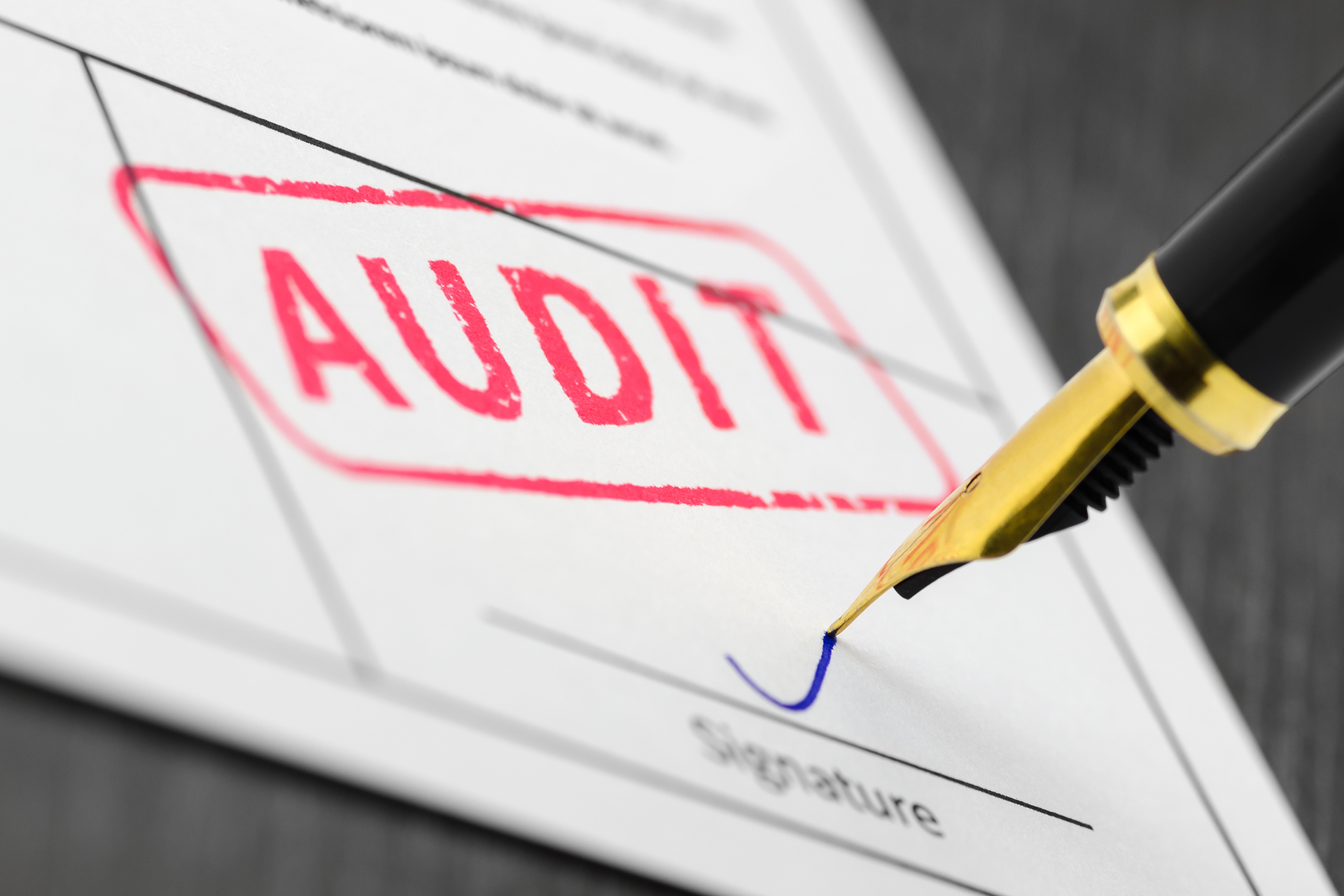
This course addresses the following competence(s):
- Distinguish clearly between the respective roles of accountants and auditors in the financial management of an entity;
- Articulate a broad knowledge of the structure, responsibilities and functions of the auditing profession at both national and international levels and of the overall role and impact of auditing standards;
- Demonstrate a general understanding of the legal and organisational contexts in which accounting and auditing are practised and the range and types of entities in which accounting information is compiled and utilised.
- Teacher: Neo Hlatshwayo
- Teacher: Paseka Seleke
Module: Introduction to auditing
Skill Level: Beginner

This course addresses the following competence(s):
- Demonstrate a firm understanding of the underpinning principles of auditing with particular reference to audit independence and accountability;
- Teacher: Neo Hlatshwayo
- Teacher: Paseka Seleke
Module: Introduction to auditing
Skill Level: Beginner

This course addresses the following competence(s):
- Describe the main types of audit carried out in entities and the purposes attaching to them;
- Articulate and comment on the distinction between internal and external audit.
- Teacher: Neo Hlatshwayo
- Teacher: Paseka Seleke
Module: Introduction to auditing
Skill Level: Beginner

This course addresses the following competence(s):
- Demonstrate an understanding of the similarities and differences between the roles of auditors in the public sector and the commercial (for profit and not-for-profit) sector.
- Teacher: Neo Hlatshwayo
- Teacher: Paseka Seleke
Module: Introduction to auditing
Skill Level: Beginner

This course addresses the following competence(s):
- Describe the different reports issued by external auditors and the types of audit opinions that can be expressed.
- Teacher: Neo Hlatshwayo
- Teacher: Paseka Seleke
Module: Introduction to auditing
Skill Level: Beginner
